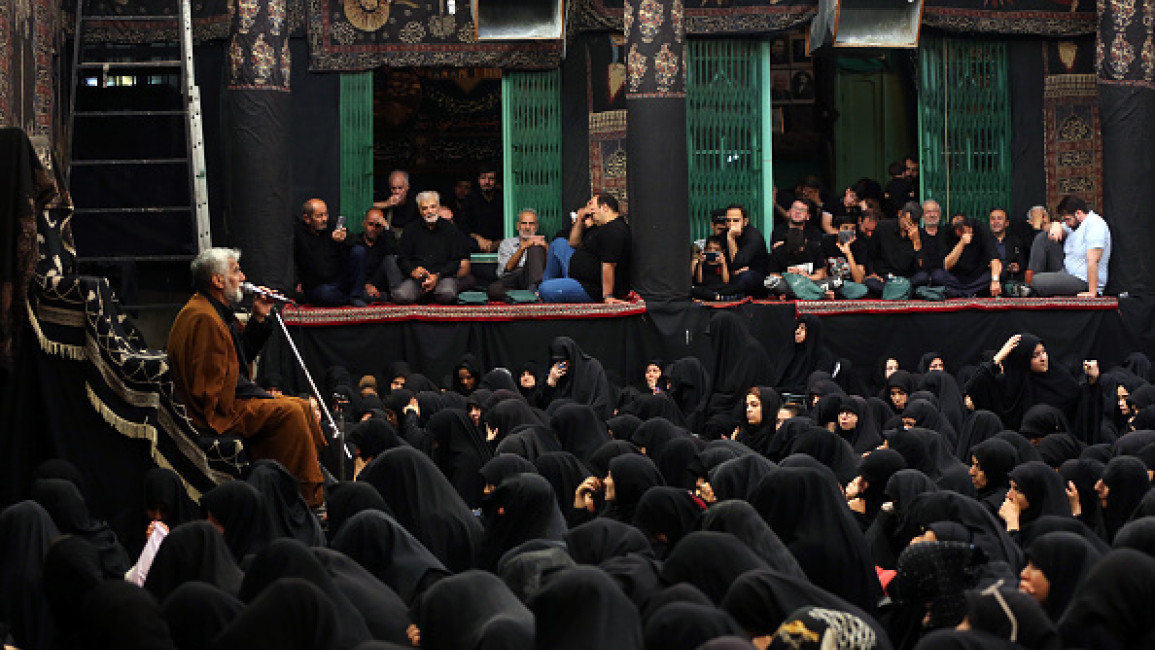Ashura: Why do Shias around the world commemorate it and how?
Shia Muslims around the world will commemorate Ashura on Thursday, one of the community’s most important events of the year which marks the martyrdom of the Prophet Muhammad's grandson, Hussein.
Processions are scheduled to take place in countries where Shia Muslims observe the occasion, from the Levant to the Indian subcontinent.
When is Ashura and what is it?
Ashura falls on the tenth day of Muharram, the first month in the Islamic calendar. For ten days prior, Shias (usually the Twelver Shia subgroup) attend congregation halls known as Hussainiyat, where they listen to stories of Hussein and partake in prayer.
Hussein is believed to have been killed in battle by forces loyal to the then-ruling caliphate, in 680 AD. This – among other disagreements – ingrained a deep rift in Islam and continues to this day to play a key role in shaping Shia identity.
Across the MENA and beyond
Countries with sizeable Shia populations take part in large processions on the day of Ashura, sometimes shutting down entire cities.
Shias are believed to make up more than 10% of the world’s 1.8 billion Muslims. Countries where Shias make up the majority are Iran, Iraq, Bahrain and Azerbaijan.
In Lebanon they are one of the largest sects, and hold large gatherings in the country's south, the northern Bekaa region, and Beirut’s southern suburbs.
Lebanon is deeply divided along political and sectarian lines, and the country’s two main Shia factions – Hezbollah and the Amal Movement – hold separate commemorations.
There are also other sizeable Shia communities in Kuwait, Afghanistan, Pakistan, India, and elsewhere, which also witness processions.
What happens on Ashura?
Among the most recognisable of Ashura's scenes are processions with those commemorating Hussein’s death – or mourners – dressed in all black. Some mourners also whip their backs.
Other practises still seen in some areas can be quite graphic, with some cutting their heads and shedding blood to symbolise the pain felt by Hussein. Many Shias also donate blood during Muharram.
The largest processions take place in the Iraqi city of Karbala, where Hussein is entombed in a gold-domed shrine. Thousands typically rush toward the shrine to symbolise their desire to answer Hussein’s last cries for help in battle.
Red and black flags are usually flown, representing Hussein’s blood and mourning.



